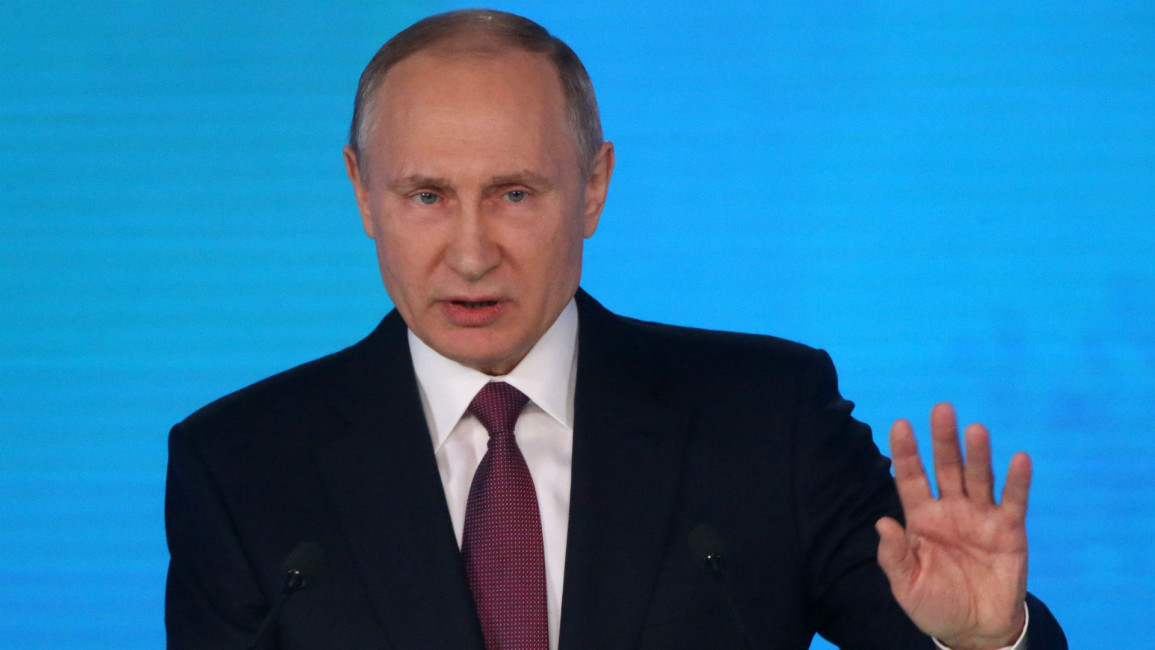Russia expels 23 British diplomats in spy poisoning row
Moscow also said it would halt the activities of the British Council in Russia in a tough series of retaliatory measures announced after it summoned British ambassador Laurie Bristow.
"Twenty three diplomatic staff at the British embassy in Moscow are declared persona non grata and to be expelled within a week," a foreign ministry statement said.
It said this was a response to Britain's "provocative actions" and "baseless accusations over the Salisbury incident last week.
Russia said it was also closing Britain's consulate in the city of Saint Petersburg, citing a "disparity" in the number of diplomatic missions held by the two countries.
And it said it had halted the activities of the British Council, Britain's international organisation for cultural relations and educational opportunities.
The organisation said it was "profoundly disappointed" at the move.
The Russian ministry also warned Britain that it "retains the right to take other answering measures" in response to any "further unfriendly actions."
"The measures are more harsh, but the British deserved them. And I don't rule out that something else could follow," first deputy head of the Russian Senate's foreign affairs committee Vladimir Dzhabarov told Interfax news agency.
The Russian response was announced on the eve of a presidential election which is expected to hand Vladimir Putin a fourth term in the Kremlin, but which comes as the country appears increasingly isolated.
Earlier this week, British Prime Minister Theresa May responded defiantly to the tit-for-tat move, which followed Britain's expulsion of 23 Russian diplomats and the suspension of high-level contacts earlier this week.
Amid escalating tensions with Moscow over the nerve agent attack on Sergei Skripal and his daughter Yulia in the English city of Salisbury on March 4 , May warned she would "never tolerate a threat to the life of British citizens and others on British soil from the Russian government," to strong applause from party members.
"Russian aggression is the very antithesis of the liberal and democratic values that define the United Kingdom," she said.
She also repeated accusations made by Britain to the United Nations that the poisoning was a "flagrant breach of international law and the Chemical Weapons Convention."
The crisis erupted after the Skripals were exposed to a Soviet-designed military grade nerve agent, leaving them in critical condition.
London and its allies have blamed Moscow for the attack and on Friday, Britain directly implicated Putin himself, unleashing the Kremlin's fury.
Russia insists it had no motive to target Skripal with what Britain says was a highly-potent nerve agent called Novichok, in the first such attack in Europe since World War II.
Western leaders have strongly backed Britain's response.
EU leaders are to discuss the incident at a Brussels summit next week and it is also on the agenda for talks on Monday between Johnson, his EU counterparts and NATO Secretary General Jens Stoltenberg.



